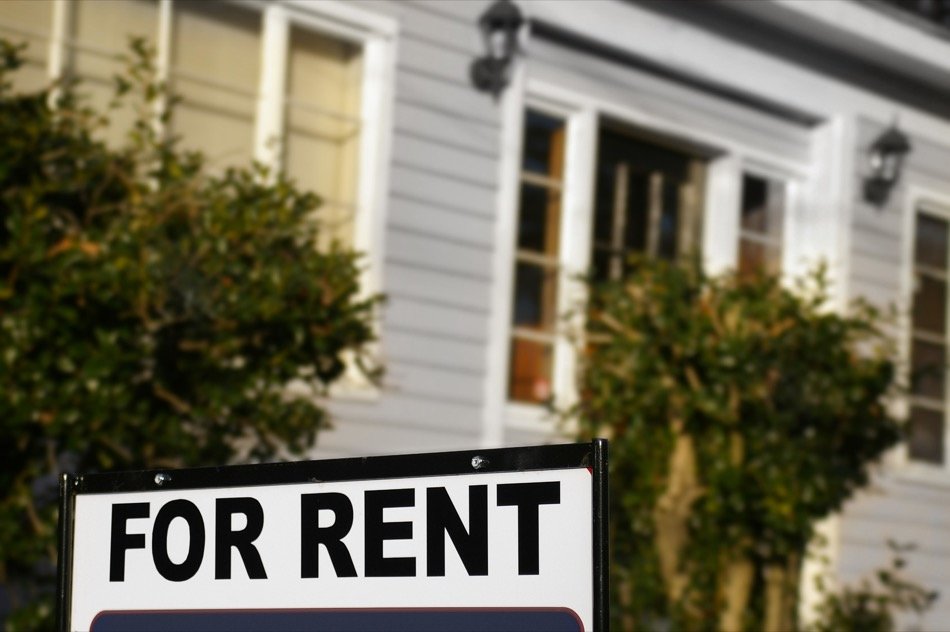Becoming a Landlord in Canada? Know What to Expect
Posted by Justin Havre on Tuesday, February 5th, 2019 at 9:31am.
 Some Canadian homeowners may be thinking about renting out a property for additional income or to ensure it appears occupied. This may be worth considering for individuals with multiple residences or vacation homes that are underutilized. However, the path to becoming a landlord may not be without its share of challenges. It may be useful to discuss this option with a financial planner to see if renting is feasible based on one's specific situation and any applicable housing laws of the area.
Some Canadian homeowners may be thinking about renting out a property for additional income or to ensure it appears occupied. This may be worth considering for individuals with multiple residences or vacation homes that are underutilized. However, the path to becoming a landlord may not be without its share of challenges. It may be useful to discuss this option with a financial planner to see if renting is feasible based on one's specific situation and any applicable housing laws of the area.
Explore a few important considerations before renting out a home today.
For informational purposes only. Always consult with a licensed real estate professional before proceeding with any real estate transaction.
What Are the Responsibilities of a Landlord?
In Canada, a landlord may choose to own or maintain a rental property themselves or hire a property manager. Canadian landlords should be aware of the laws that apply to their responsibilities and those of any tenants as they can vary by province or territory. It is possible to learn more about specific applicable laws as they relate to condominiums using the Canada Mortgage and Housing Corporation Provincial and Territorial Fact Sheets. Additional resources as they apply to Alberta, British Columbia, Manitoba, New Brunswick and other provinces and territories are also included.
Landlords can expect to be responsible for rent collection, the safety of the building or apartment and the inclusion of major appliances. They may decide to include all or part of the utilities in the rent. In the majority of circumstances, landlords need to inform a tenant if they need to come into the apartment or home. Landlords may increase the rent but generally must provide 90-day notice to the tenant.
What Are Tenants Required to Do?
Tenants, on the other hand, should clean and maintain the home, make timely rent payments and reach out to the landlord when repairs need to be made. Tenants who want to move out should provide written notice to their landlord. The amount of time provided to the landlord ranges from one to three months and is dependent upon the laws that apply to that specific province or territory. Ending a lease early may require the tenant to pay an additional amount to the landlord.
How Can Landlords Begin Screening Potential Tenants?
In order to find a tenant that will make timely rental payments, many choose to take a number of factors into consideration. As a landlord, one can ask applicants for their references, check one's credit history, inquire about income level and employment. Once a tenant is found, a landlord can proceed with providing a lease agreement to cover specific rules and instructions, as well as any stipulations that may apply to the rental deposit. Such a document helps protect both the West Calgary property owner and the tenant as it clearly describes processes and expectations.
Can Any Property Be Rented Out?
Potential landlords may not be able to rent out certain condominiums or vacation homes. One should review the rules set forth by an HOA or other governing agency when the property was purchased. Breaking such rules can result in files or legal repercussions for the property owner.
Is Renting Out a Home a Good Investment?
Many property owners appreciate the additional income that can be derived from this opportunity. However, not everyone is cut out to be a landlord, as such individuals are still responsible for the upkeep of the property. Canadian property owners should do their due diligence and explore the costs associated with renting a property before making the decision to become a landlord.
For informational purposes only. Always consult with a licensed real estate professional before proceeding with any real estate transaction.

